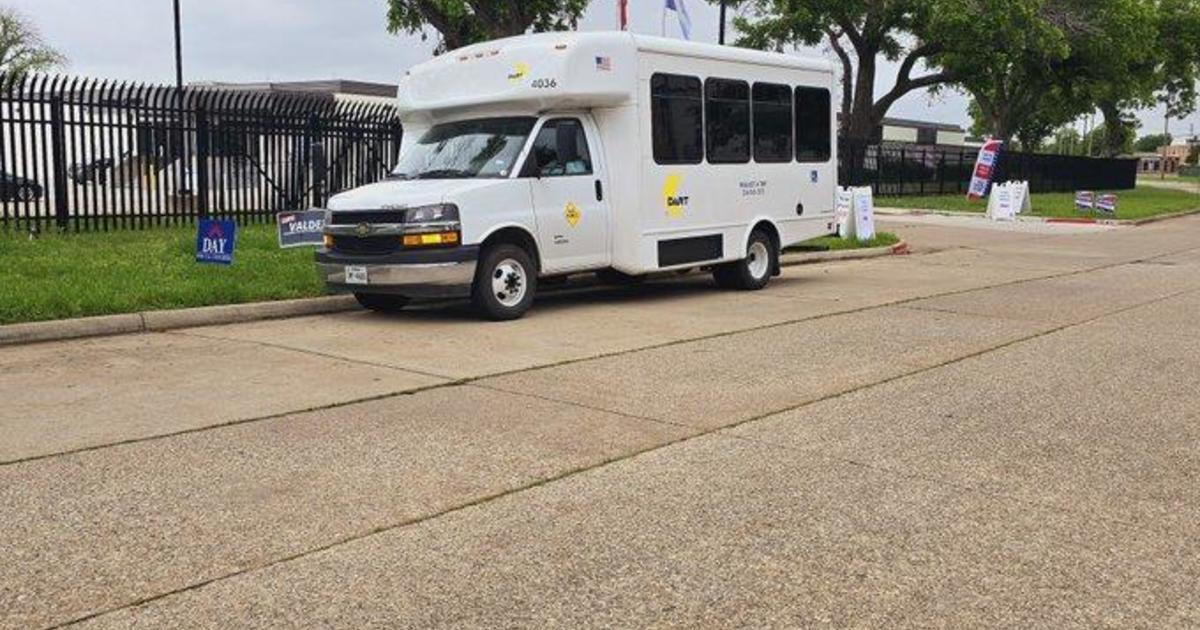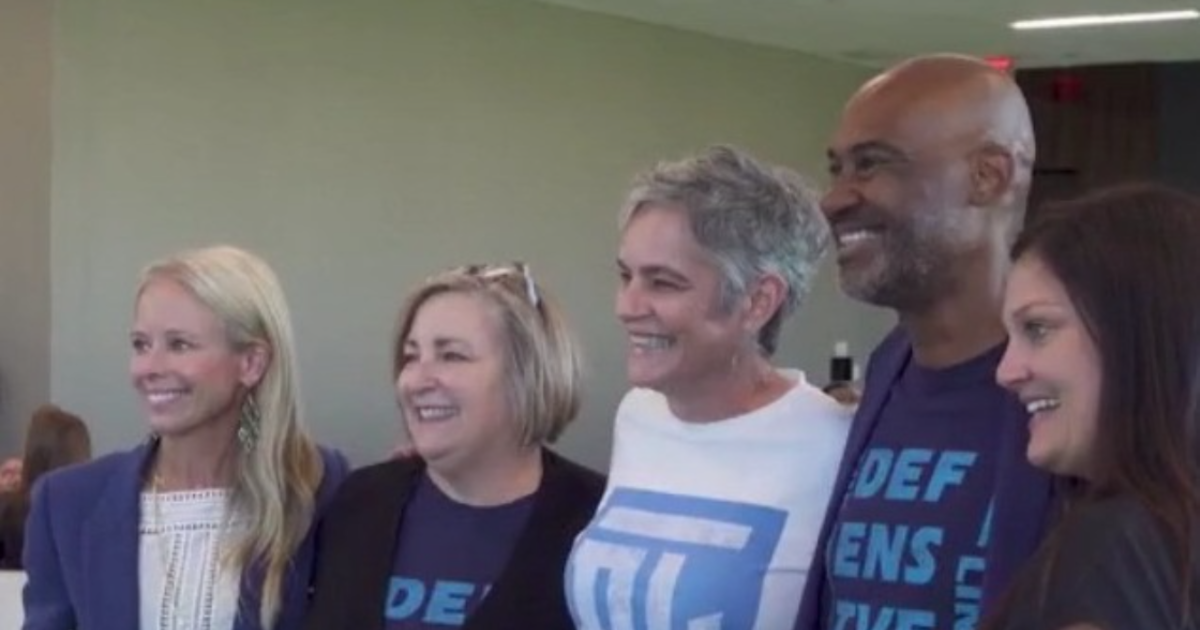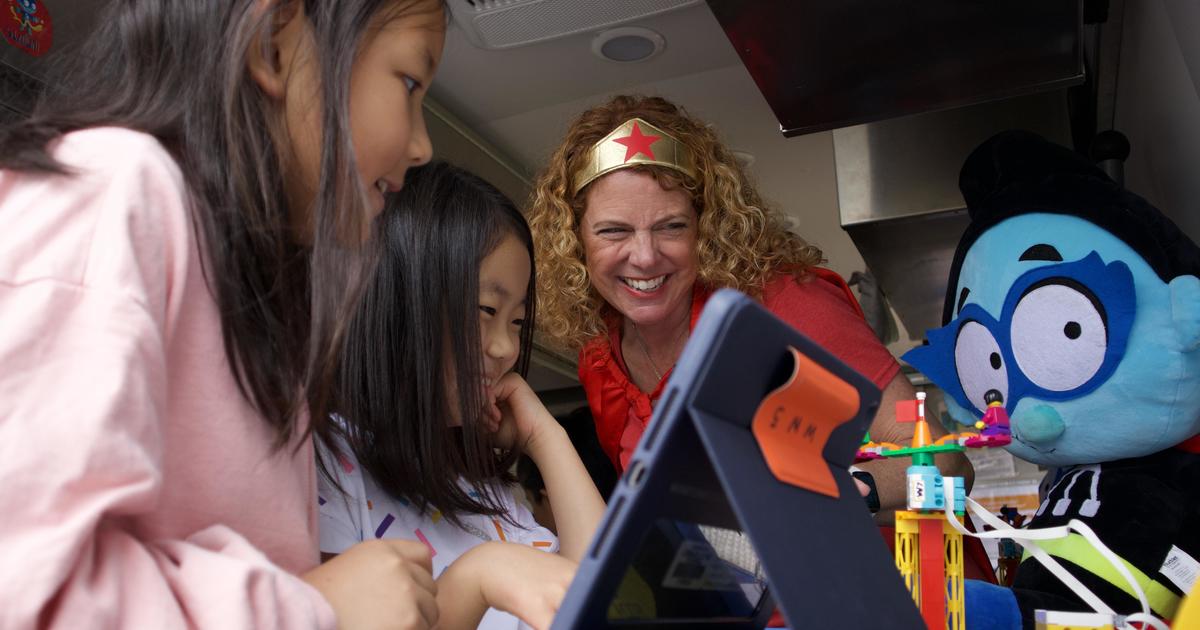Predators Seek Children With Low Self Esteem And Vulnerable Parents, Dallas Children's Advocacy Center Explains
DALLAS (CBSDFW.COM) - A sex abuse scandal hitting the Southern Baptist Convention churches is the latest prompting parents to ask tough questions about who to trust with their children-- and how do you know?
The headlines remind people that places for children that should provide safety and support, too often become grooming grounds for sexual predators.
"They go where the kids are," says Lynn Davis, President & CEO of the Dallas Children's Advocacy Center.
"They go to the schools, the churches, the recreation centers...where kids are going to be. Not everyone who works at those places are predators," says Davis. But as a parent, you want to make sure there are policies and procedures set up to protect your child."
Davis admits that asking such questions can be awkward, but it's also necessary.
"There is nothing more precious in your life than your child... so if you can't ask those questions of the church, for your child, then nobody else is going to ask them."
For example, Davis suggests asking about specific policies that prevent staffers from having cell phone numbers, or from contacting students after activities end. He also encourages parents to be aware of why a predator may seek to groom a particular child.
"If you have a child who hasn't found his place in the world yet... a child who has low self esteem. A child in a family that's struggling. Predators look for those kids," says Davis. Sexual predators often look for vulnerable parents, as well.
"Sometimes what they do first is groom the parents. They get the parents to trust them and then it's much, much easier to get the child to trust them," says Davis.
The Dallas Children's Advocacy Center is known for the agency's efforts to help children survive the aftermath of abuse, but staffers also have a passion for prevention. So in the face of heartbreaking, trust breaking headlines, their advice for parents looking to 'predator proof' their children, there's this:
"It's communication," says Davis. "Day in and day out, let them know it's okay to tell Mom or Dad anything."
Parents are encouraged to have that conversation often and begin early: so teach boundaries as soon as a child is old enough to understand that no one should touch them where a bathing suit covers.
And while asking questions of the institutions charged with protecting your children, don't forget to ask the same of friend's families. Who else will be at the home? Will anyone else have access to my child?
"If there's a 17-year-old boy in the family and all their buddies are coming over that night, you don't want your 10 or 11-year-old little girl over there when there's going to be a bunch of teenage boys. So ask those questions-- not just of the institutions that you're working with; but, the families that you allow your children to spend time with."
Finally, DCAC experts tell parents to trust their own instincts and listen to a child's hesitancy to be around someone or to visit a particular home.
"If there's an adult out there who wants to spend more time with your child than you do," says Davis. "Trust your gut on that."
The agency also works with schools, churches and daycare centers on learning how to spot signs of abuse and how to respond. They say they're also eager to work with the community to continue providing these resources for hurting families looking to heal.
A fundraising luncheon is planned for April 18 featuring gymnast and Olympian Aly Raisman who has spoken publicly about being abused by the former Olympic team physician Larry Nassar.
For more information, click here.



